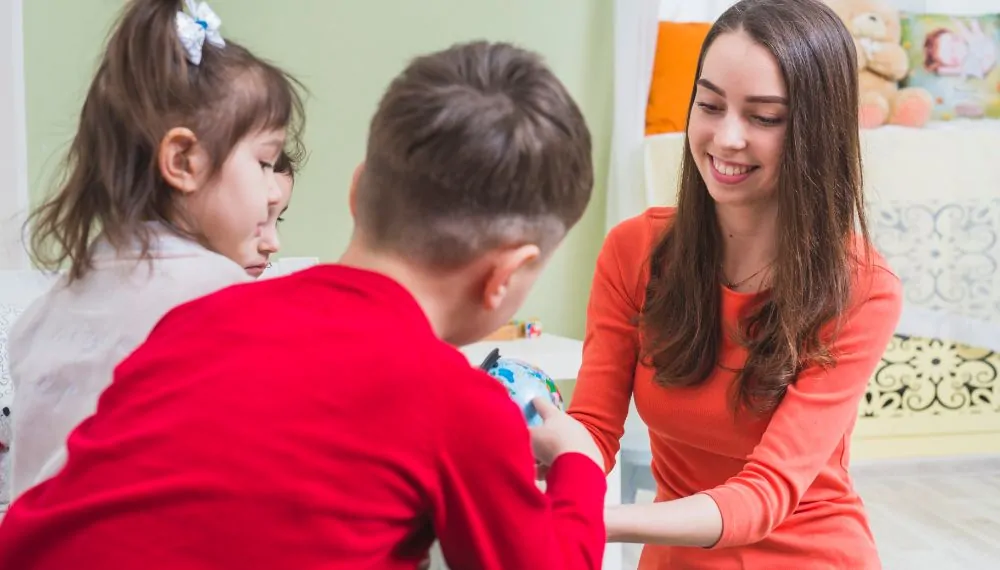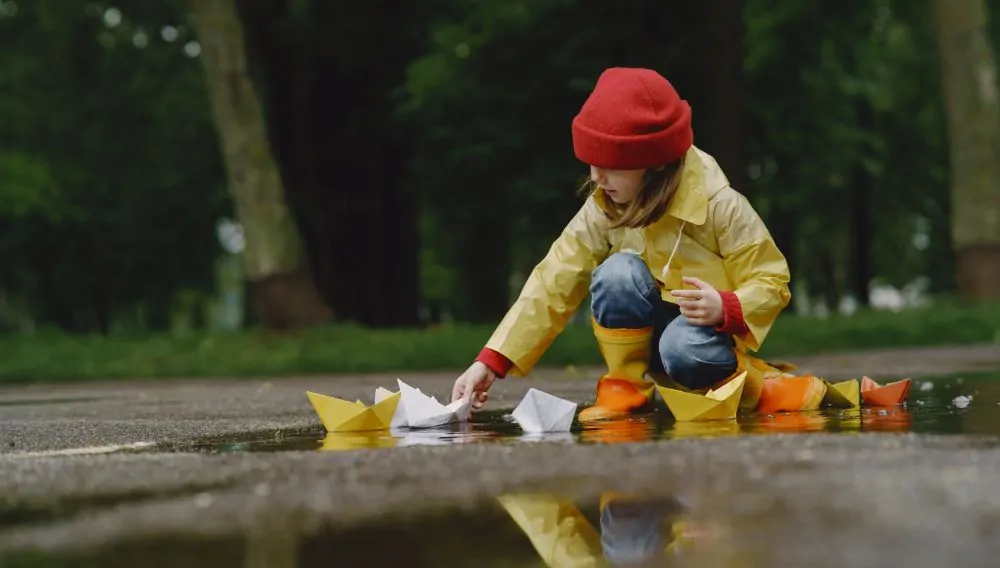
Social Share:
Starting kindergarten is an exciting milestone for both children and their parents. However, it can also feel overwhelming if your child isn’t equipped with the essential social skills needed to navigate this new chapter.
Social skills play a crucial role in helping children adapt to the structured environment of school, build relationships, and feel confident. Here’s a comprehensive guide to the social skills every child should develop before stepping into their first classroom.
Kindergarten is often the first time children are away from their parents for an extended period. Social skills enable them to:
By fostering these skills early, children are better prepared to thrive academically and emotionally in school.
Kindergarten activities often involve group work and shared resources, like toys or crayons. Teach your child to:
How to Practice:
Listening is foundational for classroom learning. Children need to:
How to Practice:
Children need to communicate their feelings and ask for help when needed. Teach them to:
How to Practice:
Understanding and respecting others’ personal space is vital for positive interactions. Children should know how to:
How to Practice:
Disagreements are inevitable. Teach your child to:
How to Practice:
Polite behavior goes a long way in creating positive relationships. Ensure your child knows to:
How to Practice:
Collaborating with classmates is a big part of kindergarten activities. Teach your child to:
How to Practice:
Socially confident children know how to care for themselves in basic ways, which reduces reliance on adults. Teach them to:
How to Practice:
Model Good Social Skills
Children learn by observing their parents. Use kind words, resolve conflicts calmly, and demonstrate empathy.
Provide Opportunities for Social Interaction
Schedule playdates, take your child to the park, or enroll them in group activities.
Be Patient and Encouraging
Social skills take time to develop. Celebrate small wins and offer constructive feedback when needed.
Use Storybooks and Role-Playing
Books and pretend play can help children understand social concepts in an engaging way.
Preparing your child for kindergarten goes beyond academics; it’s about equipping them with the social tools they need to navigate the world confidently. By focusing on these essential skills, you’ll set your child up for a smoother transition and a successful school experience.

Discover the best educational apps for kids that...
Read more

A love for reading is not just about...
Read more

Discover practical strategies for parents to nurture a...
Read more

Keep kids entertained on rainy days with these...
Read more

Discover the best educational apps for kids that combine learning with fun. Enhance skills in math, reading, creativity, and more through play!

A love for reading is not just about books; it’s about opening hearts and minds to endless possibilities. What’s your favorite memory of reading with your child? Share it in...

Discover practical strategies for parents to nurture a love for reading in kids, from book choices to fun routines and engaging activities.